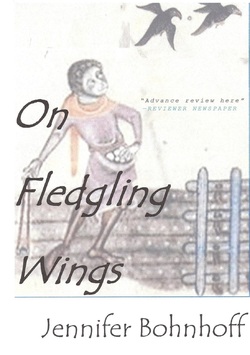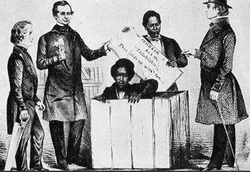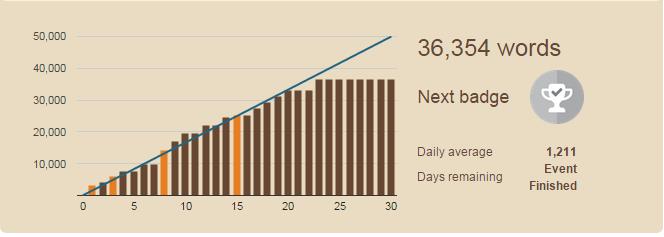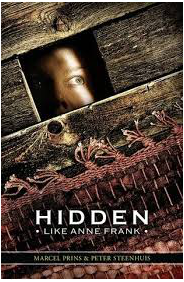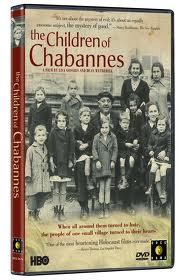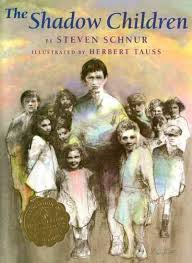
The necklace is a chain with gray pearls. In the middle is a pendant that has a remnant of Roman glass surrounded by a silver frame on which is written Dopo il sogno la passione impressa remante.
The words are in Italian and are taken from Canto XXXIII of the Paradiso section of Dante’s Divine Comedy. Roughly translated (which is the best I can do in Italian) it says After the dream is over, the impression of passion remains.
Dante is talking about a vision of heaven and the brilliant light of God’s presence, but I think the same statement can be used to describe what happens to someone who reads and connects well with historical fiction.
A good piece of historical fiction brings with it the passion of a long-ago time and it lingers in the reader’s psyche like an impassioned memory.
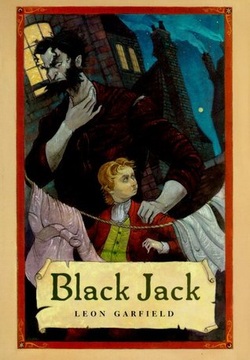
I hadn’t read this book in 40 years when I found myself telling a friend about it during a long walk. I realized that imagery from the book was still floating around in my head, and I could still describe the plot in vivid detail. Later, I wondered how much I remembered and how much was just an impression of what I’d read so very long ago.
Rereading the novel, I found that whole pages jumped from my memory as if I had just read them. The lush cadence of the language and the richness of Garfield’s vocabulary came back to me. And the plot! Events followed each other masterfully, in a way that was not predictable, yet always foreshadowed. I agree with Lloyd Alexander, another of the favorite authors of my childhood, that Leon Garfield was “unmatched for sheer, exciting storytelling."
However, as much as I remembered, what I had forgotten surprised me. It wasn’t the vocabulary or the plot or the lovely flow of words that I’d forgotten, but details. For instance, a meteor shower I remembered vividly, and recalled every August when the Perseid Meteor shower came around, was actually the Northern Lights. I wonder: did my mind choose to forget that the Northern Lights were in my story because I have never seen them? Is this my mind’s way of making the story more relevant to me?
dopo il libro, l'impressione di passione rimane

